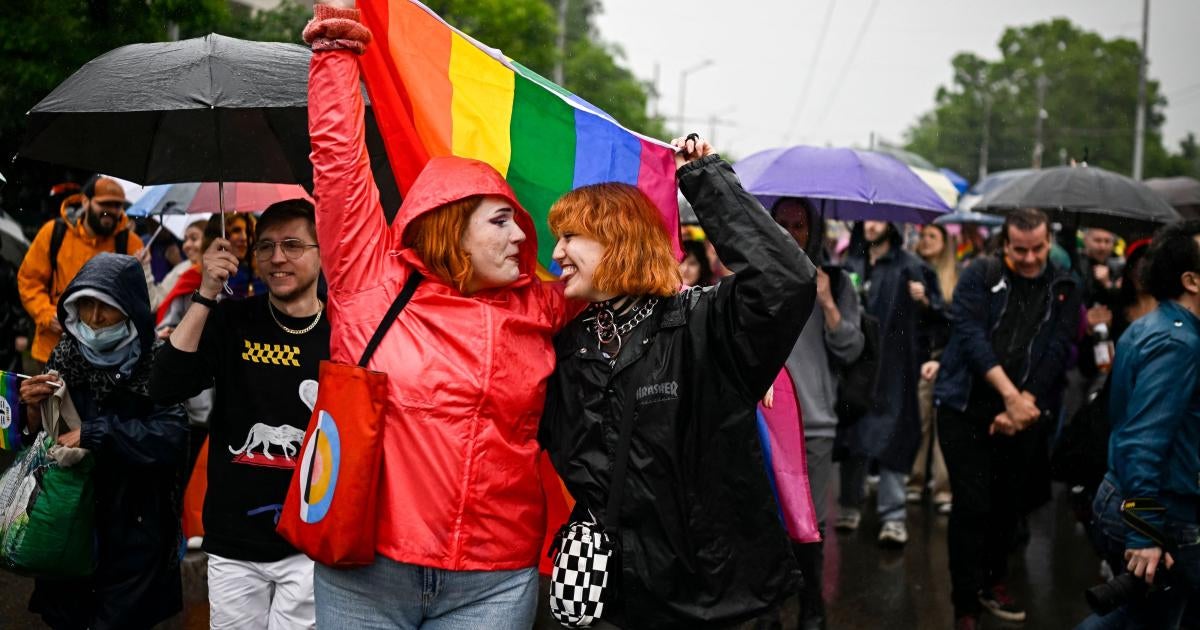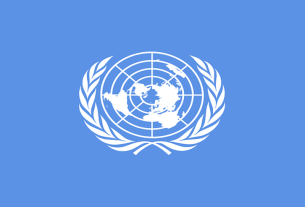The European Court of Human Rights this week found that the government of Bulgaria was violating European human rights law by failing to legally recognize same-sex couples.
The case involved Liliya Babulkova and Darina Koilova, Bulgarian women who were legally wed in the United Kingdom in 2016. Bulgarian authorities refused to recognize their marriage, and after losing multiple appeals in the country, the couple brought the case to the European Court in 2020.
The court found that the Bulgarian government, in not recognizing the couple’s relationship, violated article 8 of the European Convention on Human Rights, which protects the right to private and family life.
There is growing consensus among rights bodies around the world that states must offer some form of recognition for same-sex relationships. The United Nations Office of the High Commissioner for Human Rights has said that “States have a positive obligation to provide legal recognition to couples, regardless of sexual orientation, gender identity and sex characteristics, as well as to their children,” and to ensure that benefits traditionally offered to heterosexual married couples are extended without discrimination. In May, the European Court of Human Rights found that Romania violated rights by failing to legally recognize same-sex unions. This followed a 2018 ruling by the Court of Justice of the European Union that the same-sex spouse of a Romanian citizen should enjoy the same rights to residency and employment as a different sex partner.
LGBT rights activists in Bulgaria are pushing back against widespread discrimination, including a history of hateful rhetoric from politicians, and a lack of legal protections. In February 2023, the country’s supreme court ended any possibility of legal gender recognition for transgender people. But in July, activists celebrated a significant victory when a bill passed parliament amending the criminal code to include sexual orientation as protected grounds in hate crime cases.
Babulkova and Koilova have also brought a case against a fertility clinic that refused them financial support for services because they were married. “When the media first published an article about their legal battle, we received tens of thousands of messages of hate and threats, but we also received tens of thousands of messages from the community showing support for the fight,” said Deystvie, a Bulgarian LGBT group.
Bulgaria should act swiftly to implement the court’s judgment and protect same-sex couples’ rights to private and family life.



